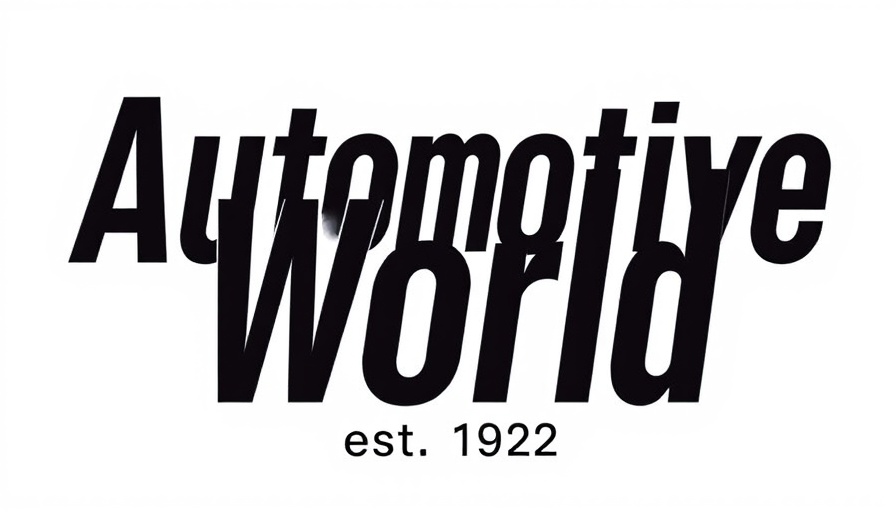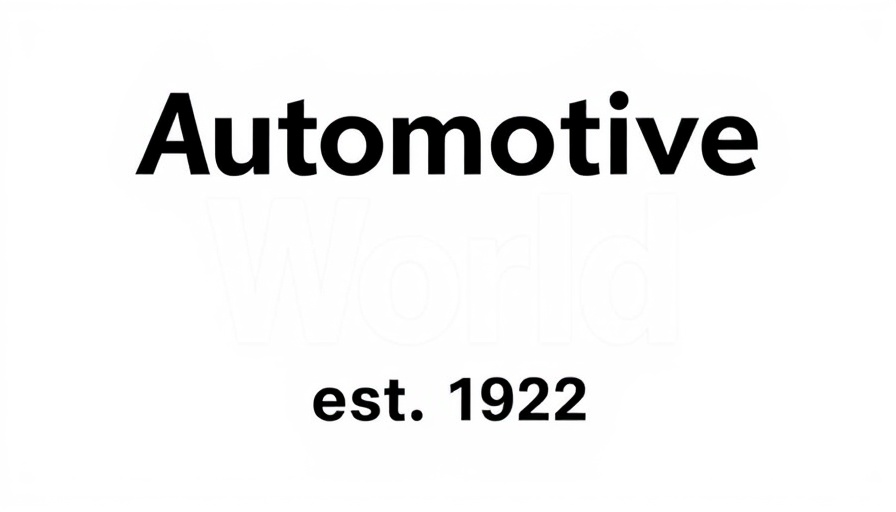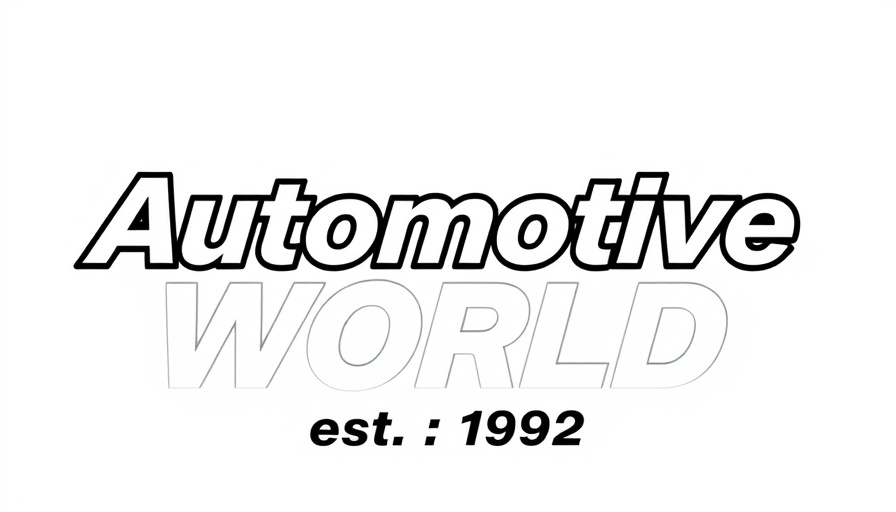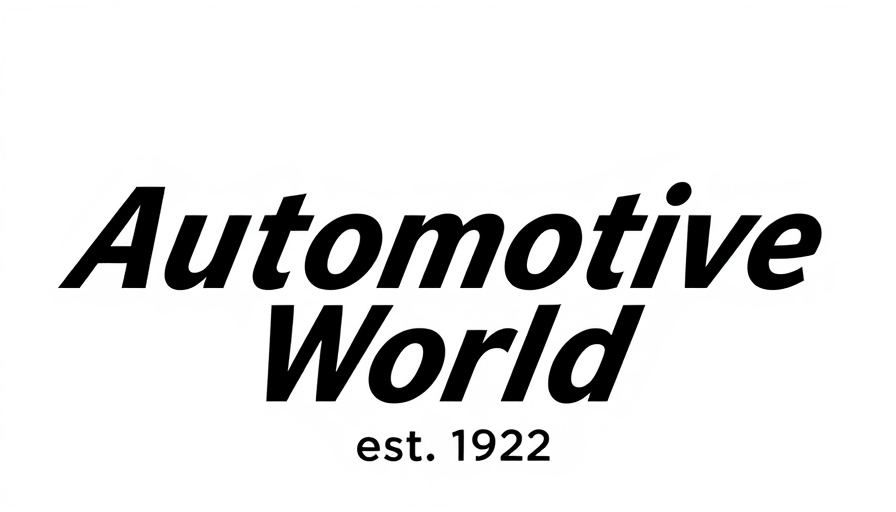
The Evolution of Mobility: Introducing the Mobility Innovation Summit
On March 25 and 26, Berlin will host the inaugural Mobility Innovation Summit, marking a pivotal moment for the automotive industry that seeks to redefine itself amidst rapid technological transformation. Formerly known as the Technical Congress, this summit will bring together over 400 participants and more than 50 speakers, ranging from political leaders to pioneering voices in business, science, and society.
Key Themes Shaping the Future of Automotive
This year, the summit aims to engage attendees in vital discussions surrounding key themes such as digitalization, cybersecurity, autonomous driving, and the transition to climate-neutral driving solutions. VDA President Hildegard Müller emphasized the critical importance of innovation in these areas, citing recent patent applications that illustrate the German auto industry’s role as a leading innovation driver. The ambitious agenda underscores a collective call for a comprehensive reform program that can reinvigorate the industry.
Focus on Interaction and Innovation
The summit will depart from traditional formats by encouraging greater interaction among participants through an expanded offering of panel discussions and engagement opportunities. Importantly, startups will have designated areas to display their innovations, showcasing the entrepreneurial spirit that is vital to the industry's ongoing evolution. This inclusion signifies a holistic approach towards creating a dynamic ecosystem that fosters disruptive ideas that can shape the future mobility landscape.
Challenges to Innovation: Economic and Geopolitical Landscape
Despite showcasing exemplary innovation, the German automotive industry faces significant hurdles. High energy prices, complex bureaucracy, and sluggish regulatory environments threaten to stifle growth and deter investment. As VDA Managing Director Marcus Bollig noted, the competitive edge that Germany holds in automated driving is at a crossroads, requiring the right conditions for sustaining technological advancements.
Looking Ahead: The Importance of Strategic Leadership
Müller's remarks highlight the urgency for political leaders to adopt bold strategies that support investment in the automotive sector. With competition from other regions growing, a robust reform agenda is necessary not only to retain existing jobs but to cultivate new opportunities for future generations. The summit’s discussions aim to spark momentum for these imperative policies, ensuring that innovation continues to thrive in Germany.
Conclusion: Embracing Change for a Sustainable Future
As we recognize the necessity of transitioning to climate-neutral and software-defined vehicles, the Mobility Innovation Summit stands as a beacon of hope for the automotive industry. Stakeholders must seize this opportunity to forge paths that promise sustainable, efficient, and safe mobility solutions for all.
 Add Row
Add Row  Add
Add 

 Add Row
Add Row  Add Element
Add Element 




Write A Comment